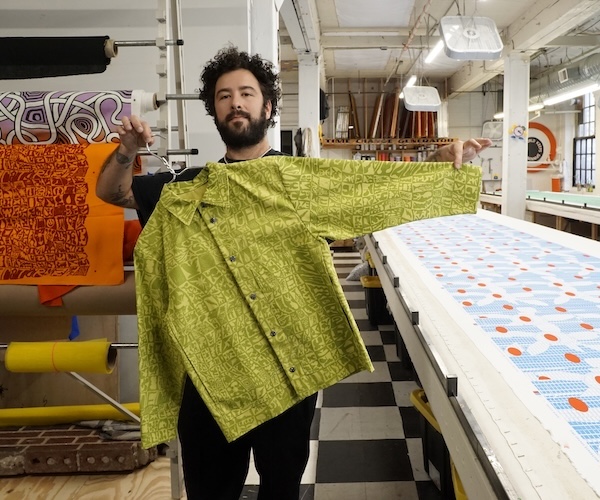Protect Your Floors This Winter
by Zach Bush | Feb. 12, 2020 | 1:00 PM

February is the peak of wacky winter weather, and that means lots of snow, ice and slush being tracked into your house. All those substances on your hardwood floors could cause major problems for the integrity and longevity of the wood. Cleveland Hardwood Restoration owner Jessie Bennett offers tips on how to take care of your precious floors.
Monitor Moisture
Slush and ice can cause wood to warp, so keep your floor dry by designating one entrance to the house that serves as the snow entrance. “Use a plastic tray that has higher edges where you can set wet things,” Bennett says, “and it will kind of trap the water and you can dump it out.”
Consider Refinishing
If your hardwood flooring hasn’t been refinished in the last 10 years, Bennett recommends getting an estimate instead of doing it yourself. “If the finish has worn off, then they’re much more susceptible to damage from moisture, from salt, from any of the things that you’re tracking in,” she says. Also, a hardwood flooring professional can evaluate the floor and provide details about it. “They can tell you what kind of wood you have, how old it is, how much life is left in it and how it was installed,” Bennett says.
Track Humidity
Not all of winter’s effects on your floors come from outside, however. Some natural moisture is good for floors, and the more your heat runs, the more moisture it sucks out of the floors, which causes them to shrink and become creaky. A humidifier will help quiet the creakiness, but it might not totally stop it. “Wood is a natural substance,” Bennett says. “It expands and contracts with moisture and humidity, and that is a perfectly normal phenomenon."
Clean Carefully
If your floor has been refinished in the last 10 years, Bennett cautions to make sure you use hardwood floor-approved cleaners such as Bona Hardwood Floor Cleaner or Squeaky that won’t leave a built-up residue, which can make your floors sticky or discolored. “No Murphy oil soap, no Pledge,” she says. “It’s important not to deposit residue on the finish.”
Trending
-
1
-
2
-
3
-
4
-
5










